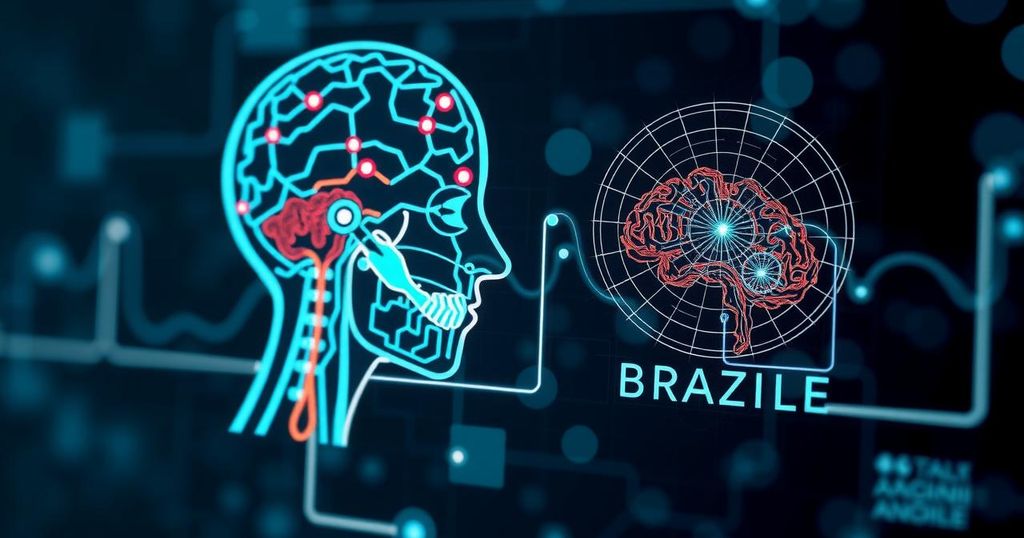AI Diagnostics: A New Frontier in Addressing Doctor Shortages in Thailand and Brazil
Japanese startups are implementing AI-powered medical analysis services in Thailand and Brazil to address doctor shortages, with notable efforts from Lpixel to introduce an AI-based tuberculosis diagnosis system in Thailand in collaboration with the Japan External Trade Organization.
The emergence of artificial intelligence in healthcare is promising to alleviate persistent doctor shortages in emerging nations, such as Thailand and Brazil. Notable Japanese startups are spearheading this initiative by deploying AI-driven medical analysis services developed using expertise cultivated in Japan. Among these, Lpixel, a Tokyo-based company, is particularly focused on enhancing tuberculosis diagnosis through AI technology. The company has joined forces with the Japan External Trade Organization to facilitate the introduction of its AI-based tuberculosis diagnostic support system in Thailand. This collaboration marks a significant step in leveraging technology to bolster healthcare capabilities in regions suffering from insufficient medical personnel.
The global healthcare landscape faces critical challenges including a notable shortage of medical professionals in various regions, especially in developing nations such as Thailand and Brazil. The integration of advanced technologies like artificial intelligence presents a viable solution to address these challenges. By using AI, healthcare systems can improve diagnostic accuracy and efficiency, ultimately enhancing patient care. Japanese startups, known for their technological innovations, are now looking beyond domestic markets to expand their impact by addressing the healthcare needs of emerging countries. This not only fosters growth in international markets but also demonstrates a commitment to global health improvement.
In conclusion, the deployment of AI-driven medical analysis services by Japanese startups in countries like Thailand and Brazil highlights a proactive approach to remedy the ongoing doctor shortages in these regions. By harnessing AI capabilities, these nations can enhance their healthcare systems, particularly in vital diagnostic areas such as tuberculosis detection. This initiative underscores the potential of technology as a transformative force in global health, paving the way for improved health outcomes in underserved communities.
Original Source: asia.nikkei.com




Post Comment